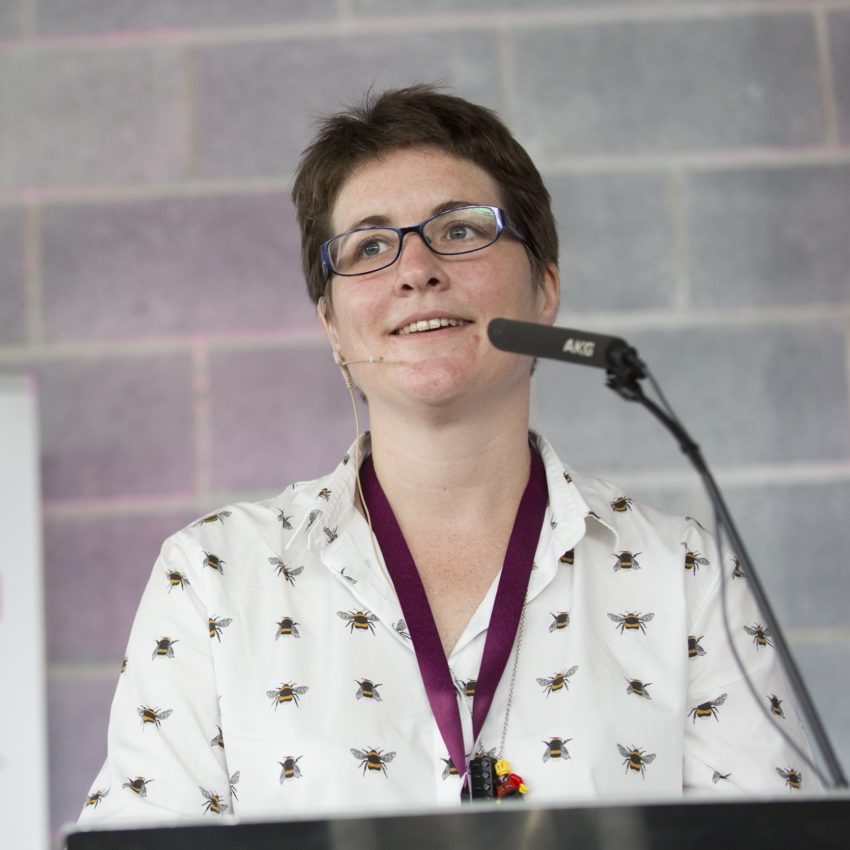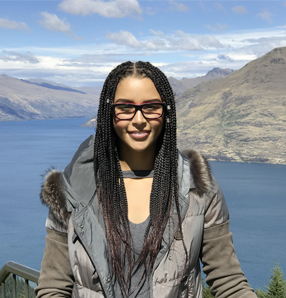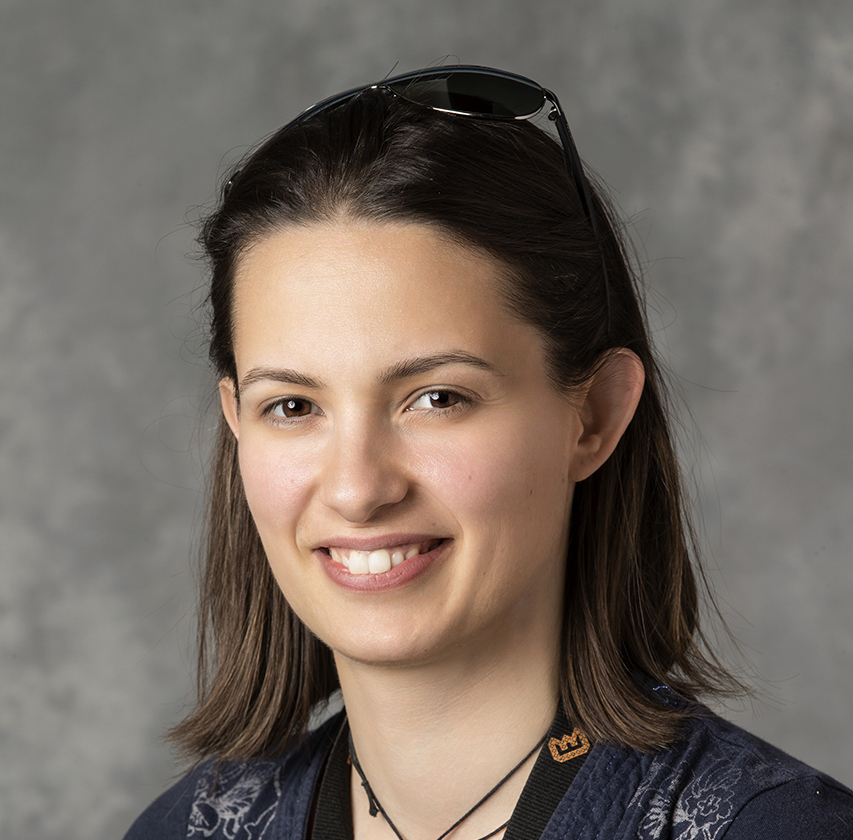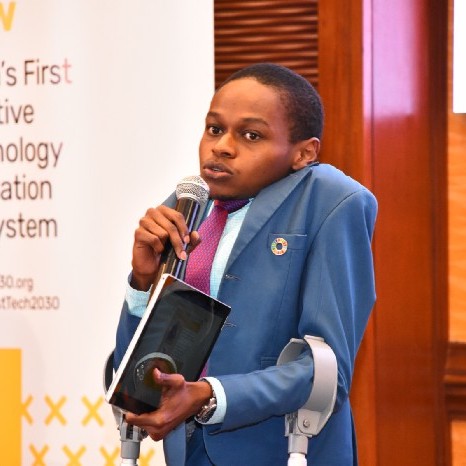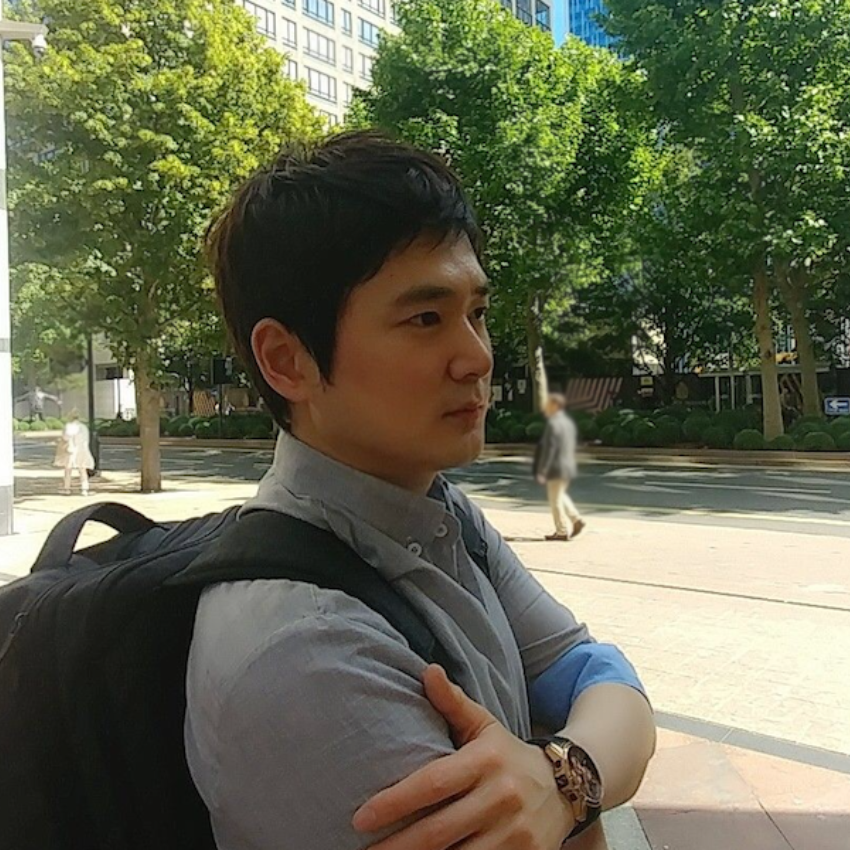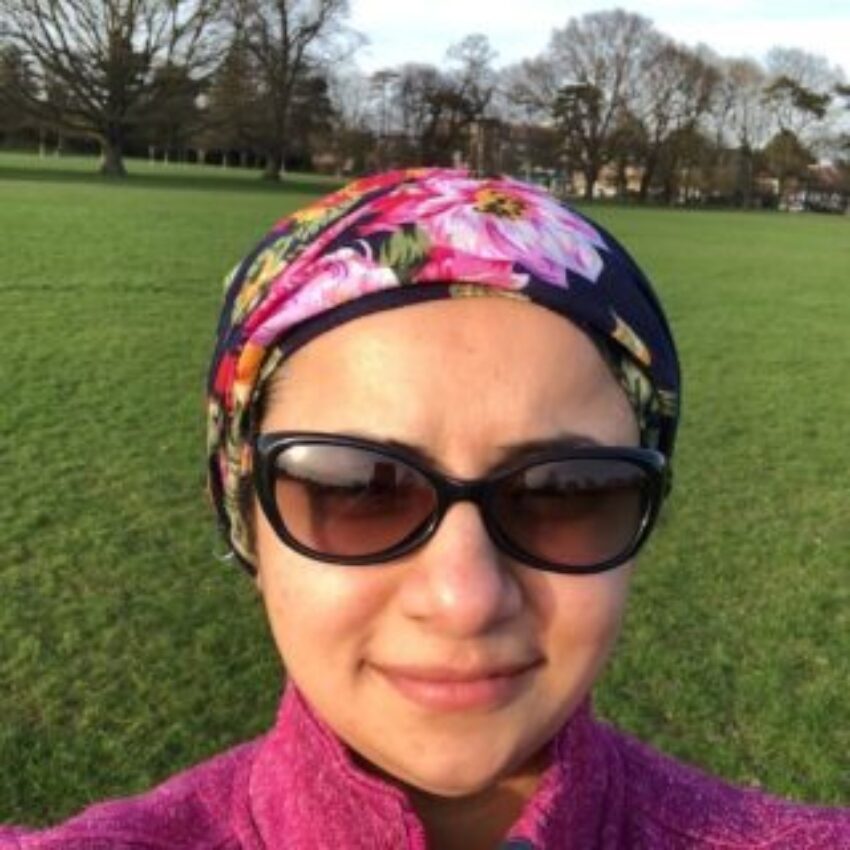Developing and testing innovation support at an ecosystem and venture level.
GDI Hub Accelerate leads the innovation cluster and works with partners globally to develop bespoke programmes to accelerate ideas which support disabled people in living the lives they would like. We focus on supporting the entrepreneurs and the ecosystem enabling ventures to flourish. We rigorously test what works, building research into all we do across several horizons: the venture, the market, and the ecosystem.
The innovation cluster has grown so large it will soon be split into incubate (for earlier stage venture support) and invest (for later-stage venture support). We are updating our webpages as we make this transistion. Whilst we do this you can explore our work via:
- Global Public Goods & Ecosystem Mapping:
- Innovation stacks – these offer a quick view of the series 'stacks' of challenges ventures face as they try to scale their assitive technology.
- Innovation insights – deeper dives into a speicfic topic or area
- Assitve Technology Innovation Portal – brings together an open curriculum of assitive technology entrepreneurship, a global map of ventures and open innvoation ideas
- Venture Building Programmes
- Innovate Now, Kenya
- Assistive Technology Impact Fund, Africa
- Enabling Fridays Community, Nepal
- Assistive Technology Accelerator Program (ATAP), India
- Current Research Projects
- Local production systems strengthening
- AI & AT
- Mobile as AT
- Google Relate in Ghana
- Motivation, digital manufacturing of wheelchairs
- AT Innovation portal
- Amparo Confidence Socket
- National Manufacturing Kenya Project
- Disability stigma in youth
- AT innovation for humanitarian response
- Assistive Technology Innovation Portal (ATIP)
- Koalaa – sustainable upper limb prosthetics in Sierra Leone
Sub-Programmes
- SP 3: Innovation: Delivering AT innovations in LMICs through inclusive innovation ecosystems, AT accelerator, service delivery and wheelchair provision. Horizon scanning to scope the disability mobile gap and programmes to address stigma. Partners include: GDI Hub at UCL, Shujaaz, Motivation, Bethany Kids, Amparo, Amref, GSMA, Maynooth University, University of Nairobi, Humanity & Inclusion, Stepwise, Our latest project is Mobile as AT: This project will investigate how access to mobile phones affects disabled people’s qualify of life in India, Kenya and Brazil; the extent to which the features of mobile phones can replicate or replace existing assistive technologies; and how disabled people can be supported in acquiring digital skills needed to take advantage of their mobile devices. It will also explore how it may be possible to increase access to mobile phones for people that would benefit from assistive technology. Partners include: GDI Hub at UCL, Google, ATscale, IIIT Bangalore, Jomo Kenyatta University of Agriculture and Technology (JKUAT)
- SP 4: Innovation Hub India: Led by the WHO, UCL and the Indian Council for Medical Research we have developed a new partnership to deliver an Innovation Hub in India with regional reach. We will be delivering an AT accelerator programme with IIT Delhi (Indian Institute of Technology, Delhi) and an AT Academic Innovation programme that goes alongside it.
- SP 5: GDI Accelerate: Now GDI Accelerate, a powerhouse of insight, innovation and technical excellence – designing, testing and scaling solutions. SP 5 was previously operationalised as the AT Impact Fund which was established to better enable frontier technology solutions to reach people with disabilities in Africa, and to test business models that are most likely to succeed.
Latest
-
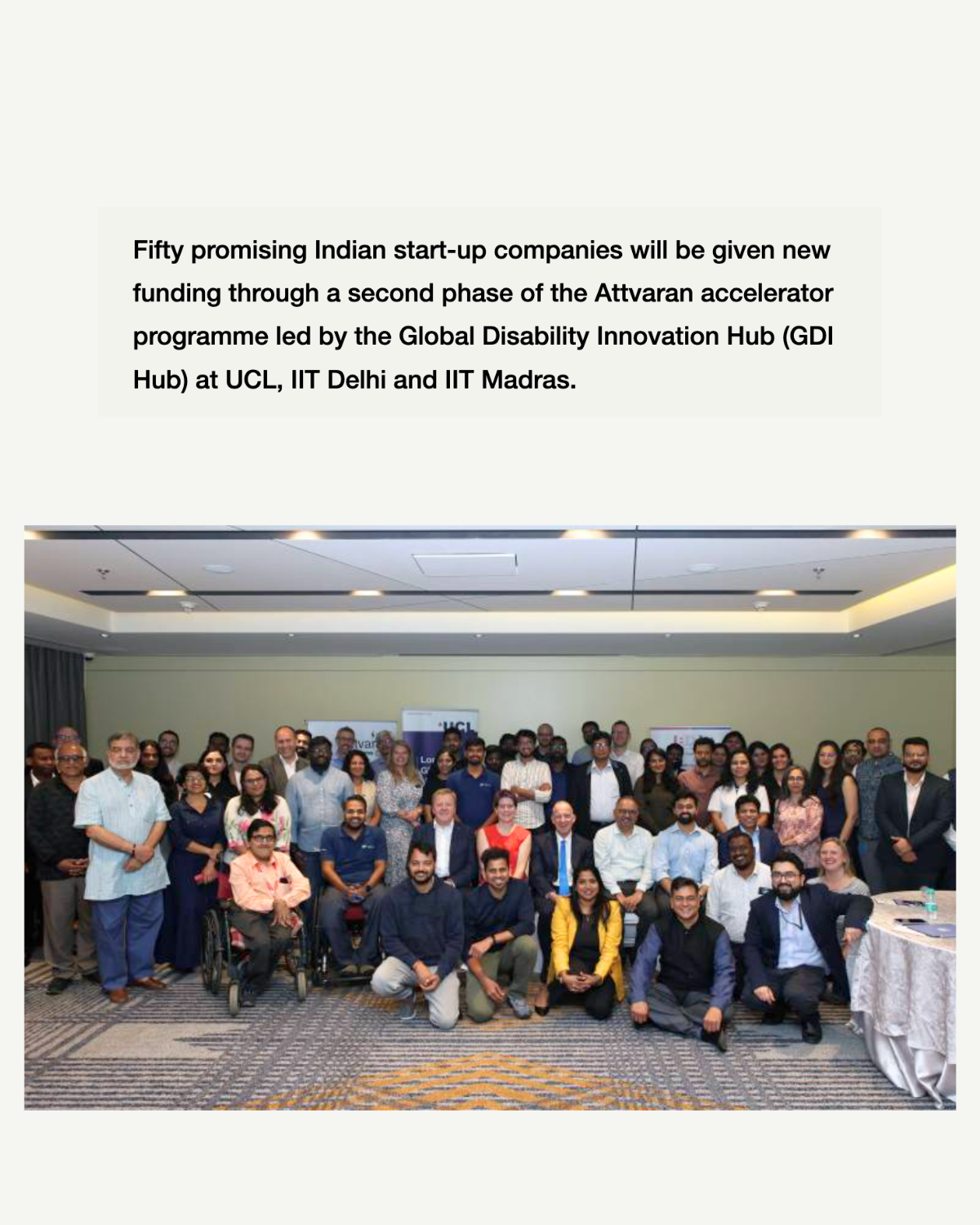
UCL and Indian partners announce new round of funding for 50 disability inclusion startups
Global Disability Innovation Hub, UCLNov. 25, 2024IndiaOur Delhi based Attvaran Accelerator announced a second phase of this regional innovation accelerator, which will look to support 50 promising Indian start-up companies to scale emerging Assistive Tech The UCL Provost Dr Michael Spence AC joined our Assistive Tech Demo Day ahead of the Bengaluru Tech Summit, Asia's largest tech conclave to announce that the Attvaran Accelerator will continue to forge new interactions, innovation, research and business opportunities that enable pioneering Assistive Technologies to change lives across the region.
-
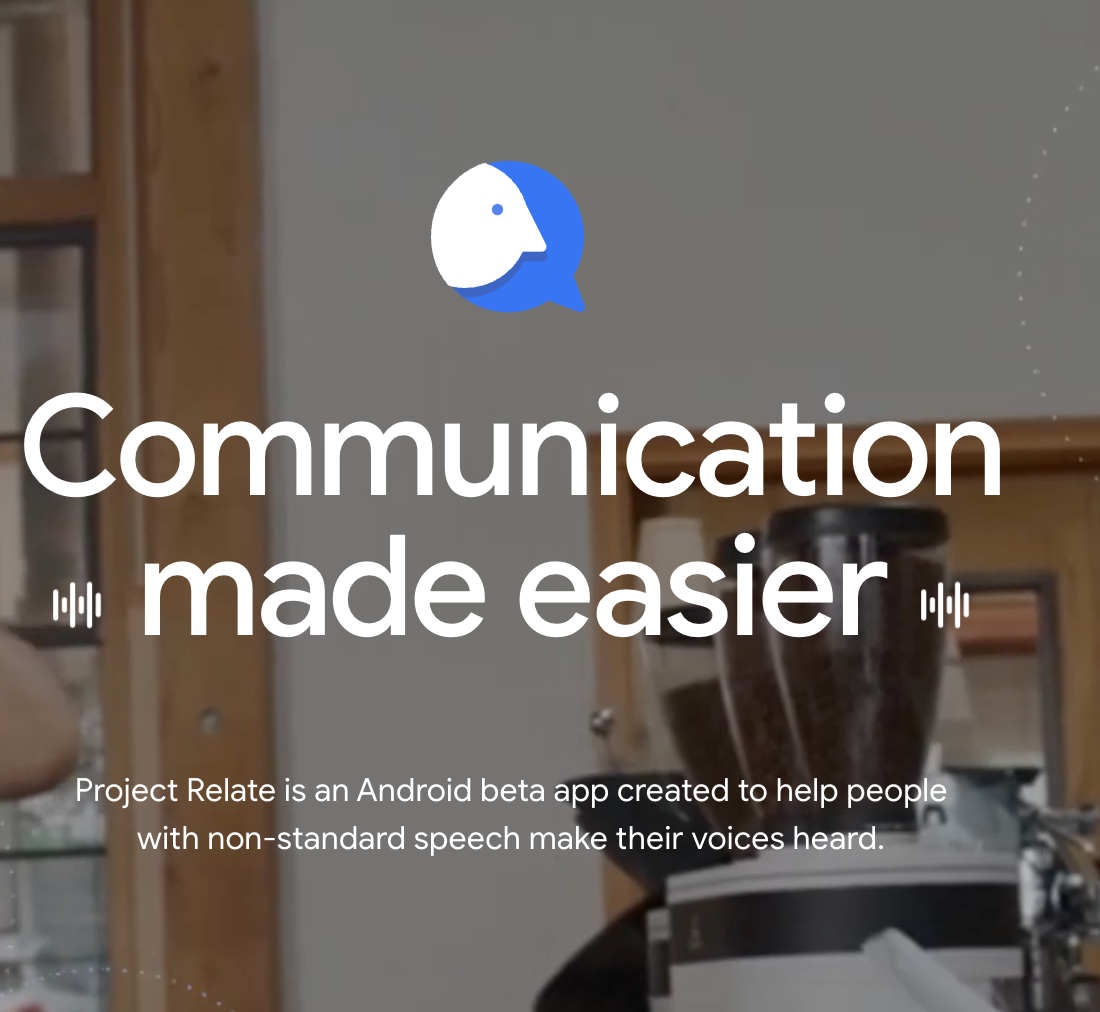
Project Relate Training
Global Disability Innovation HubDec. 31, 2023GlobalCase Studies and ReportsThis website provides training on Project Relate, a personalised speech recognition Andriod beta APP for people with non-standard speech.
-
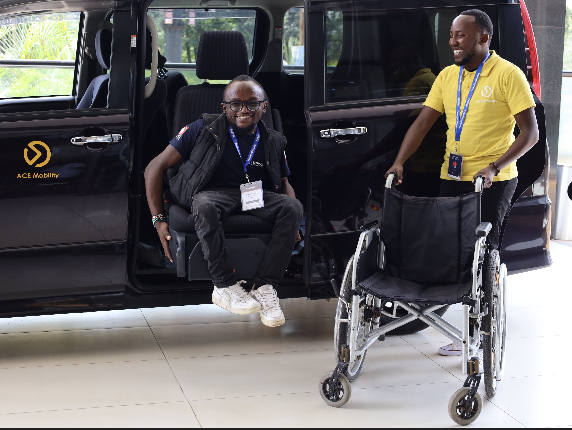
Innovation Spotlight: ACE Mobility, A Journey Fueled by Love and Resilience
Harrison KamauDec. 20, 2023KenyaFounded by Daniel Gatura, Ace Mobility provides safe, reliable, affordable, and inclusive transport services (taxi with ramps) through their taxi hailing app, available on play store. The beginning of ACE Mobility can be traced back to a pivotal moment in the founder's life, a moment that altered the course of his destiny. At the tender age of seven, his world was shaken by a tragic accident that befell his father, who was involved in a serious accident that left him physically disabled.
-
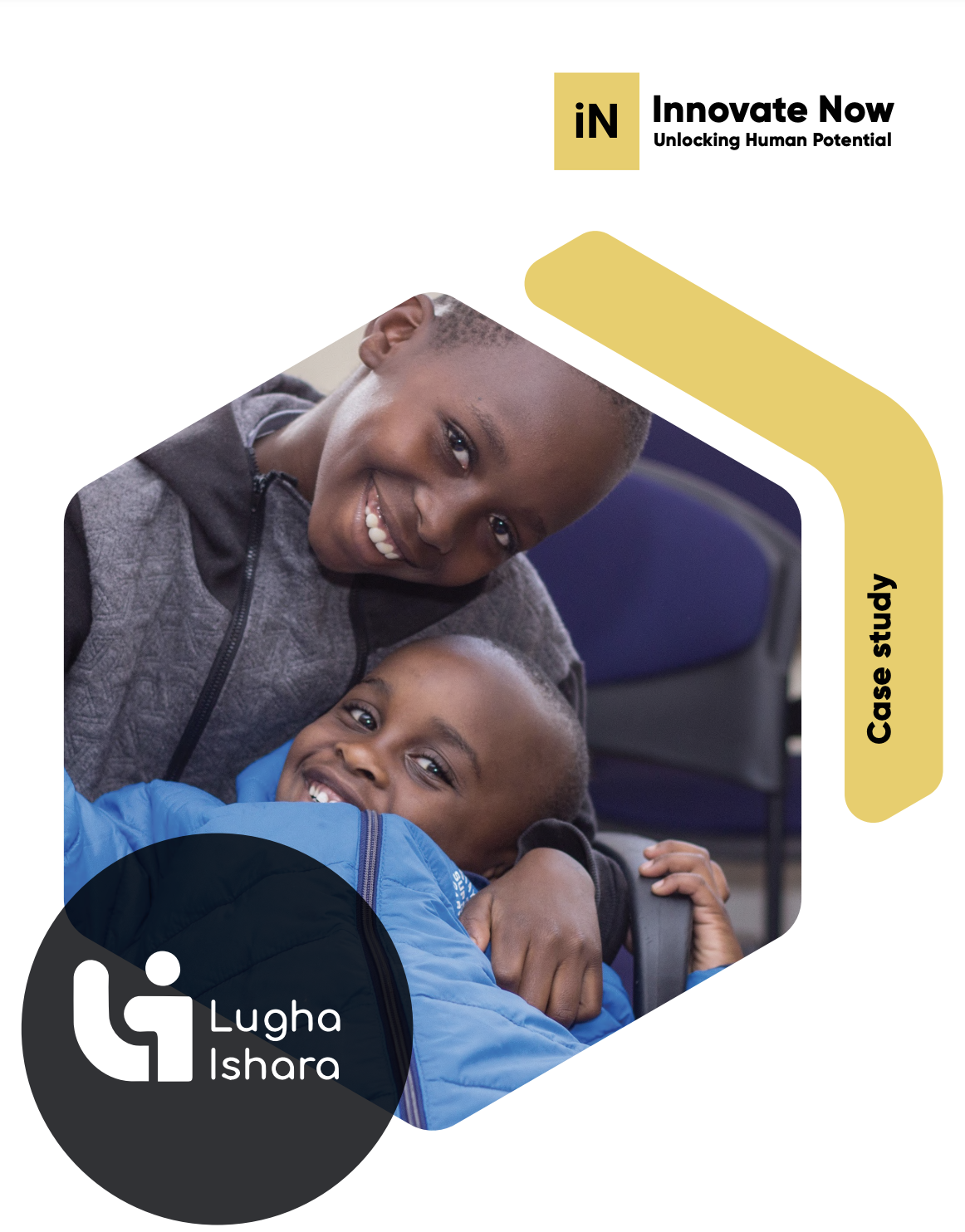
Lugha Ishara Case Study
Global Disability Innovation Hub, Innovate NowNov. 1, 2023KenyaLugha Ishara follows a user-centric approach in developing its products, actively involving the users to identify their challenges and using these insights as the foundation for product development. Since its inception, the company has maintained an innovation committee comprising parents with hearing-impaired children, fostering a collaborative relationship with its users and capitalizing on its strengths to create relevant solutions.
-
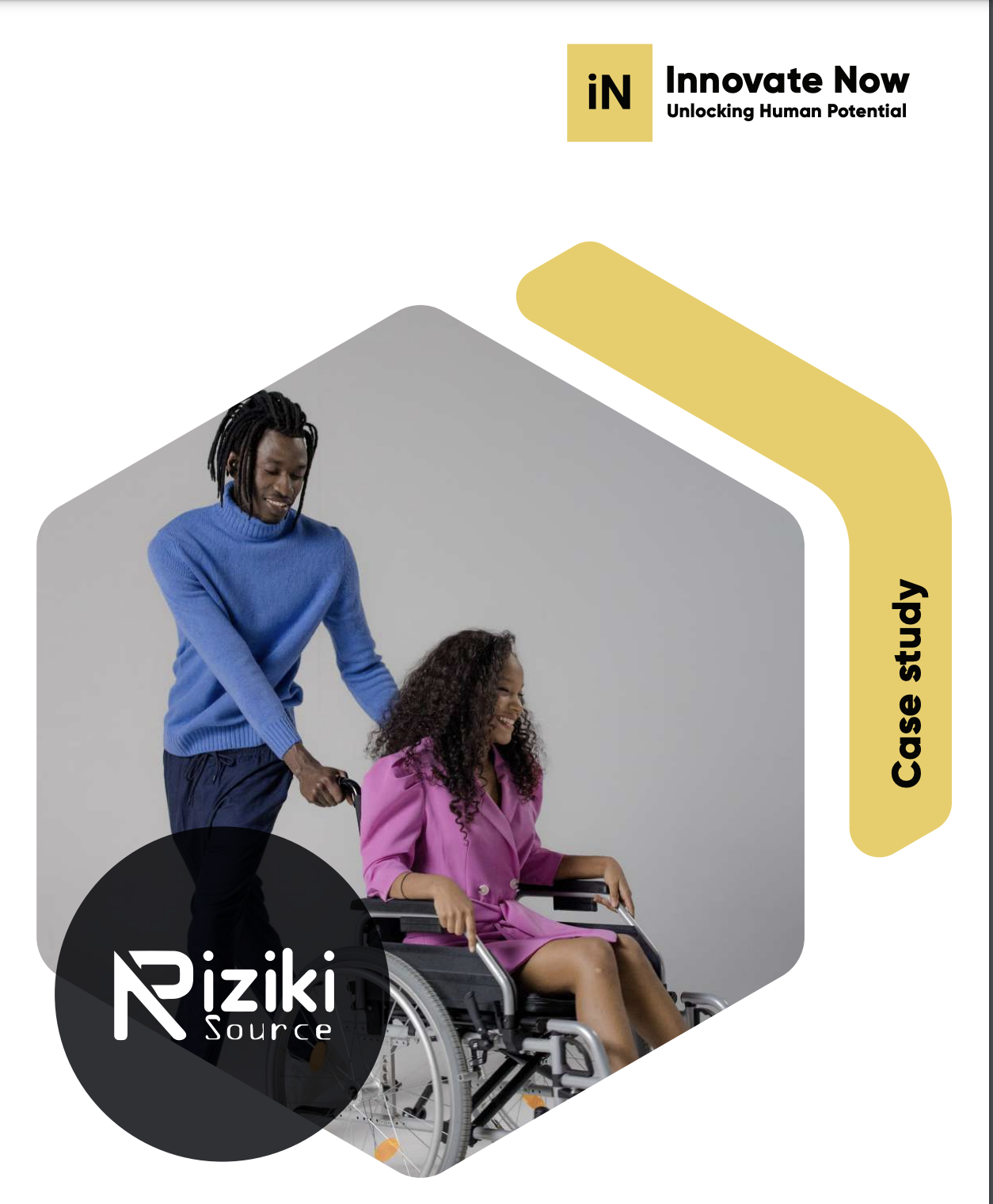
Riziki Source Case Study
Global Disability Innovation HubNov. 1, 2023KenyaThe term ‘Riziki Source’ is derived from the Swahili word signifying “livelihood.” ‘Riziki Source’ serves as an online platform (Web,app and USSD) with the objective of narrowing the divide in the employment sector by linking individuals with disabilities who are seeking jobs to prospective employers.The platform also allows employers to find suitable candidates, promoting inclusion and diversity in the workforce. Through this platform, Fredrick aimed to offer substantial employment prospects for disabled individuals in Kenya.
People
